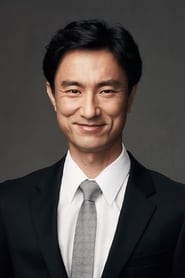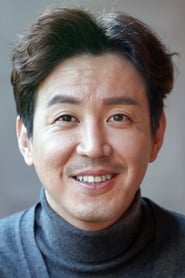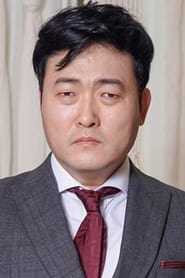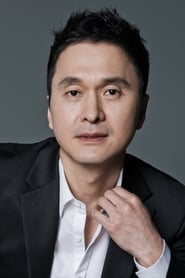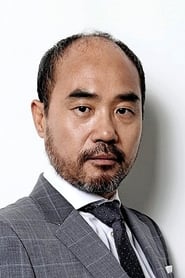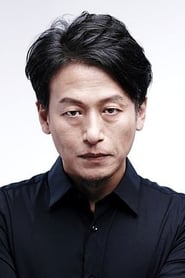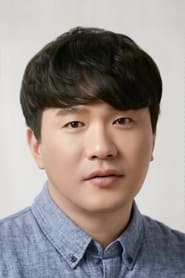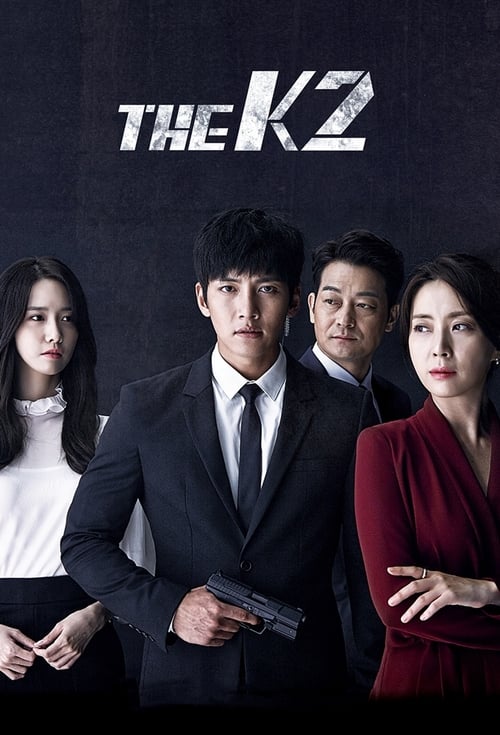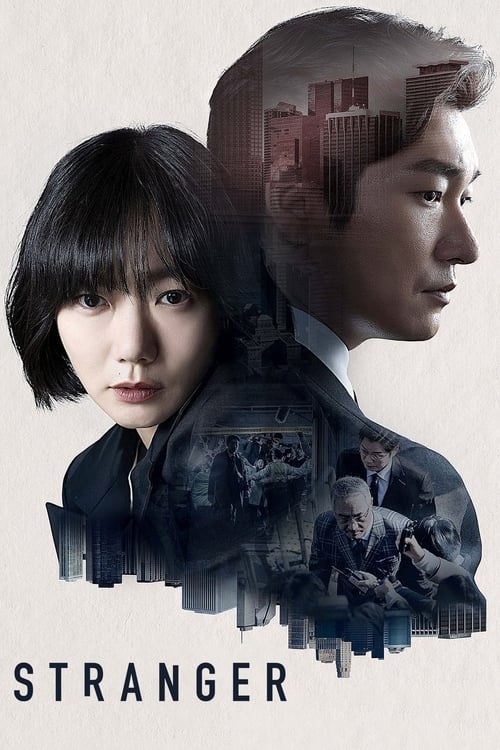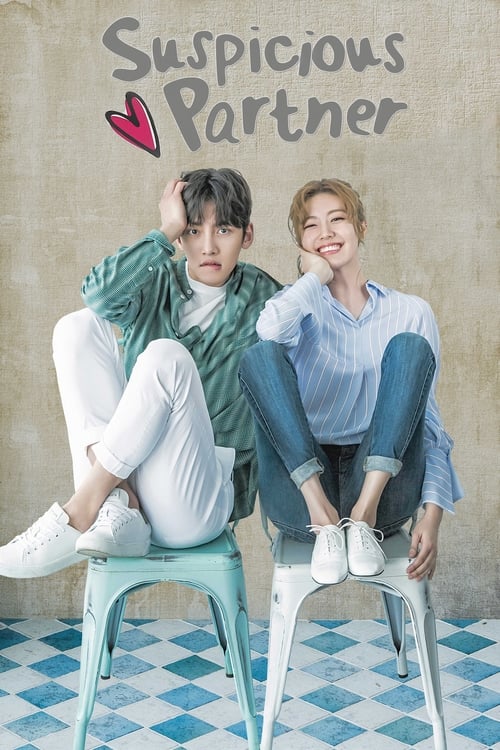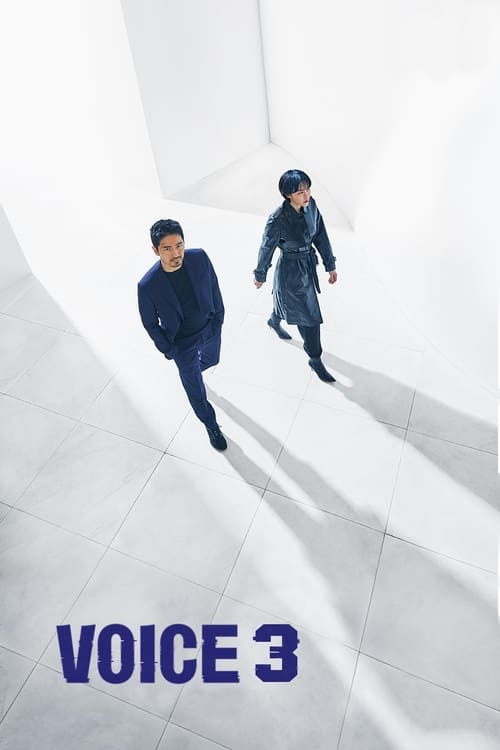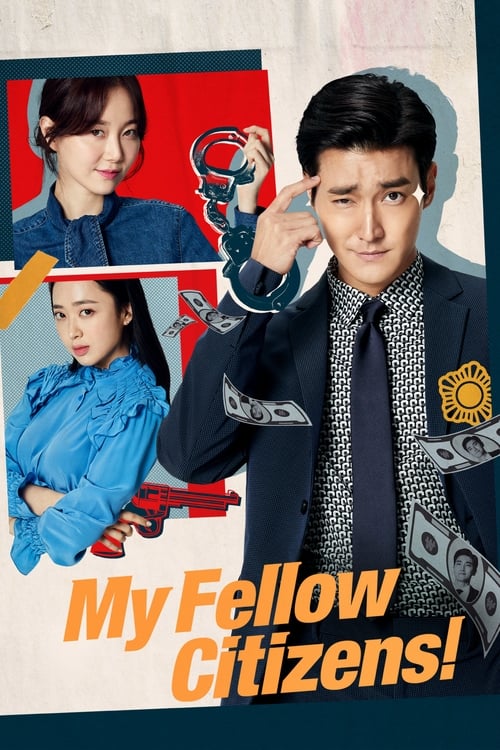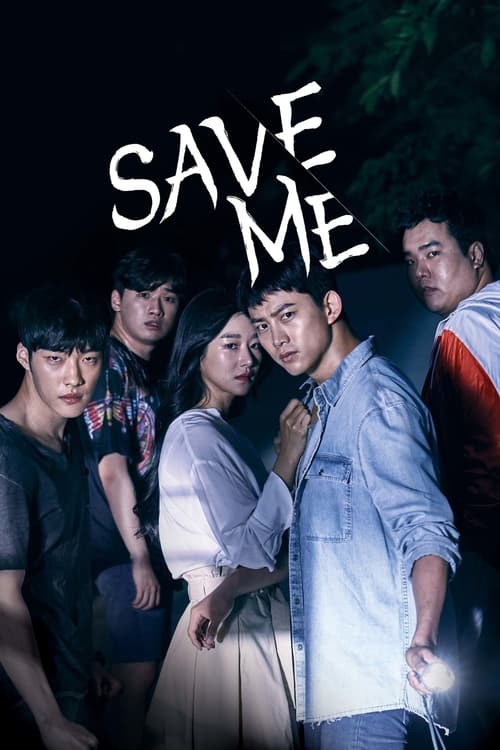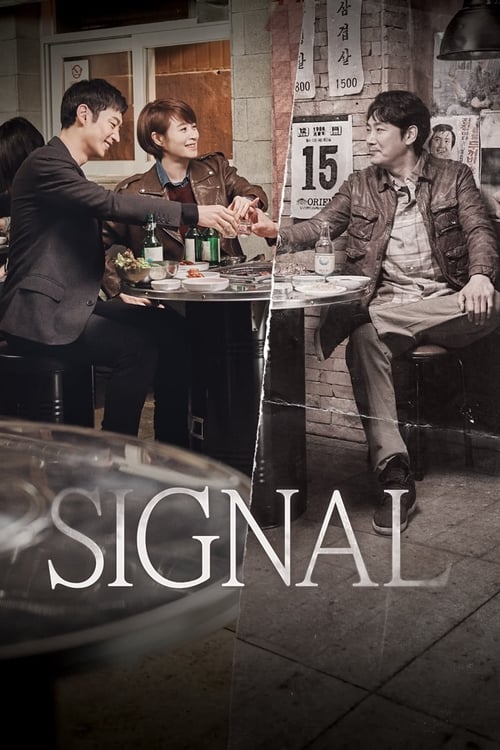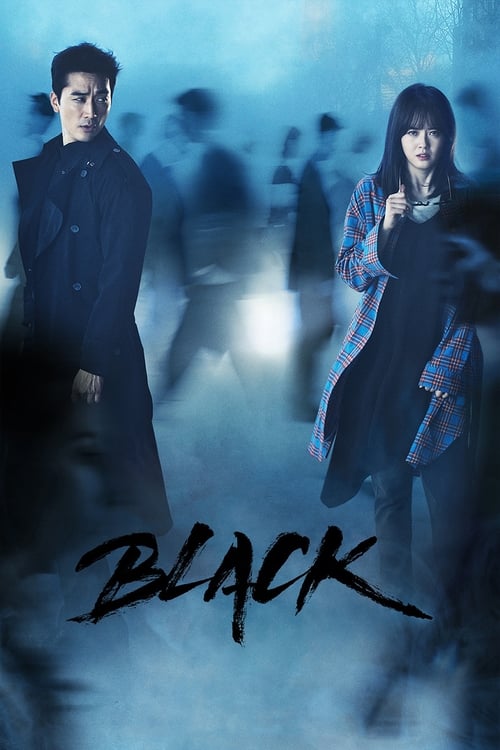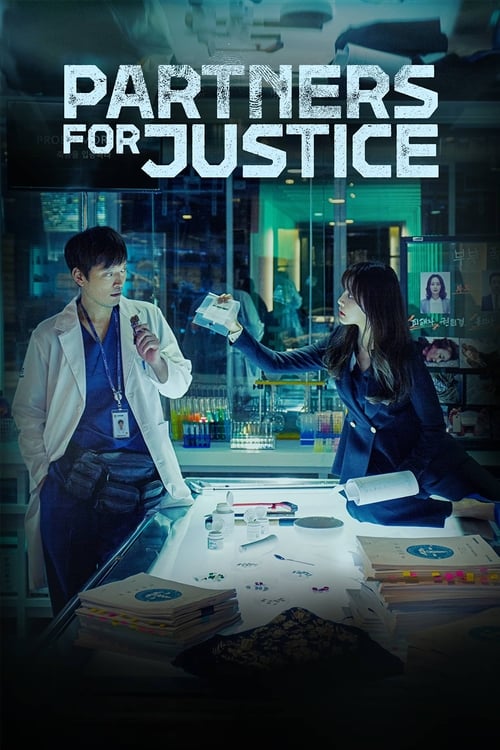
Ask Your Own Question
What is the plot?
In Episode 11 of Doctor Prisoner, the episode opens with a tense atmosphere as the aftermath of the previous events weighs heavily on the characters. The scene shifts to the hospital where the main character, Na Yi-je, is seen grappling with the consequences of his actions. He is determined to uncover the truth behind the corruption within the medical system and the prison, which has been a central theme throughout the series.
As the episode progresses, Yi-je receives a visit from a fellow doctor, who expresses concern over the safety of their patients and the ethical dilemmas they face. This conversation serves to highlight Yi-je's internal conflict; he is torn between his duty as a physician and the moral implications of the corrupt practices he has witnessed. The emotional weight of this conversation propels Yi-je to take decisive action.
Meanwhile, the antagonist, Director Kim, is shown in a meeting with his subordinates, discussing the need to eliminate any threats to his authority. He is portrayed as increasingly paranoid, aware that Yi-je is a significant obstacle to his plans. This scene establishes the stakes and the lengths to which Kim is willing to go to maintain control.
In a pivotal moment, Yi-je decides to confront Director Kim directly. He gathers evidence of the corruption and prepares to expose it. The tension builds as Yi-je navigates the hospital, gathering support from colleagues who are also disillusioned with the current state of affairs. This sequence showcases Yi-je's leadership qualities and his ability to inspire others to stand up against injustice.
The confrontation between Yi-je and Director Kim takes place in Kim's office. Yi-je presents the evidence he has collected, detailing the unethical practices and the harm they have caused to patients. Kim, cornered, attempts to manipulate the situation, threatening Yi-je with dire consequences if he goes public. The emotional intensity of this scene is palpable, as Yi-je stands firm, driven by his commitment to his patients and his moral compass.
As the episode nears its climax, a physical confrontation erupts between Yi-je and Kim's henchmen, who attempt to silence him. The fight is choreographed with a sense of urgency, as Yi-je uses his medical knowledge to outsmart his attackers. He employs quick thinking and agility, showcasing his resourcefulness in a high-stakes situation. The struggle is intense, with Yi-je narrowly escaping serious injury.
Following the confrontation, Yi-je seeks refuge with a trusted ally, who helps him strategize his next move. They discuss the potential fallout of going public with the evidence and the risks involved. This moment of camaraderie reinforces the theme of loyalty and the importance of standing together against corruption.
In the final scenes of the episode, Yi-je makes the decision to go to the media with the evidence, fully aware of the potential repercussions. The episode ends on a cliffhanger, with Yi-je preparing to face the consequences of his actions, leaving viewers anxious about the fallout and the future of the characters involved. The emotional weight of his decision is evident, as he reflects on the sacrifices he may have to make for the greater good.
What is the ending?
In the ending of "Doctor Prisoner," Season 1, Episode 11, the tension escalates as the main characters confront their fates. The episode culminates in a dramatic showdown that reveals deep-seated motivations and the consequences of their actions. The episode concludes with significant revelations about loyalty, betrayal, and the lengths to which individuals will go to protect their own interests.
As the episode unfolds, we find ourselves in a dimly lit hospital room where the atmosphere is thick with tension. Doctor Na Yi-je, portrayed with a mix of determination and vulnerability, is grappling with the fallout of his decisions. He is faced with the reality of his actions and the impact they have had on those around him. His internal conflict is palpable as he reflects on the moral dilemmas he has navigated throughout the series.
In a parallel scene, the character of Jang Ki-seok, who has been a formidable antagonist, is cornered. His motivations, driven by a desire for power and control, come to a head as he realizes that his manipulations have led to his own undoing. The camera captures the flicker of fear in his eyes, a stark contrast to his previously confident demeanor. The stakes are high, and the tension is almost suffocating as the characters confront each other.
As the climax approaches, the confrontation between Na Yi-je and Jang Ki-seok escalates. The dialogue is sharp, filled with accusations and revelations that lay bare their true natures. Na Yi-je, fueled by a mix of anger and desperation, confronts Jang Ki-seok about the lives that have been destroyed in their power struggle. The emotional weight of their history hangs heavily in the air, and the audience can feel the gravity of their choices.
In the final moments, the resolution comes with a shocking twist. The characters are forced to reckon with the consequences of their actions. Na Yi-je's journey culminates in a moment of clarity as he understands the true cost of his quest for justice. Meanwhile, Jang Ki-seok faces the repercussions of his ruthless ambition, leading to a fate that reflects the chaos he has sown.
As the episode draws to a close, the fates of the main characters are sealed. Na Yi-je, having navigated the treacherous waters of betrayal and loyalty, emerges with a renewed sense of purpose, albeit scarred by the experience. Jang Ki-seok, on the other hand, is left to confront the fallout of his choices, a stark reminder of the dangers of unchecked ambition.
The episode ends on a somber note, leaving the audience to ponder the complexities of morality and the human condition. The final scenes linger, capturing the emotional aftermath of the characters' journeys, and setting the stage for the potential consequences that may unfold in the future.
Is there a post-credit scene?
In "Doctor Prisoner," Season 1, Episode 11, there is no post-credit scene. The episode concludes without any additional scenes or content after the credits roll. The focus remains on the intense developments and character arcs throughout the episode, leaving viewers with a sense of closure for the events that transpired. The narrative wraps up the ongoing tensions and conflicts, particularly surrounding the main character, Na Yi-je, and his struggles within the prison system and the medical field.
How does the relationship between Na Yi Je and the nurse, Han So Geum, evolve in this episode?
In this episode, the relationship between Na Yi Je and Han So Geum deepens as they share personal struggles and vulnerabilities. Han So Geum begins to see Na Yi Je not just as a prisoner but as a person with a complex past, leading to a moment of emotional connection that hints at a potential alliance.
What significant event occurs between the main character, Na Yi Je, and the prison warden in Episode 11?
In Episode 11, Na Yi Je confronts the prison warden about the corruption and injustices happening within the prison system. This confrontation is charged with tension as Yi Je's determination to expose the truth clashes with the warden's attempts to maintain control and silence.
What role does the character of Jang Ki Hoon play in the events of Episode 11?
Jang Ki Hoon plays a pivotal role in Episode 11 as he attempts to manipulate the situation to his advantage. His actions create additional obstacles for Na Yi Je, showcasing his cunning nature and the lengths he will go to maintain his power within the prison.
What internal conflict does Na Yi Je face in Episode 11 regarding his past?
In Episode 11, Na Yi Je grapples with his past decisions and the consequences they have had on his life and the lives of others. This internal conflict is portrayed through flashbacks and moments of reflection, highlighting his struggle between seeking revenge and finding redemption.
How does the episode depict the theme of justice through the character interactions?
The theme of justice is depicted through various character interactions in Episode 11, particularly in the confrontations between Na Yi Je and the corrupt officials. These scenes are filled with emotional intensity as characters express their frustrations and desires for accountability, illustrating the complexities of seeking justice in a flawed system.
Is this family friendly?
"Doctor Prisoner," particularly in episode 11, contains several elements that may not be suitable for children or sensitive viewers. Here are some potentially objectionable aspects:
-
Violence: The episode features scenes of physical confrontations and threats, which may be intense and unsettling for younger audiences.
-
Medical Procedures: There are depictions of medical situations that can be graphic or distressing, including surgeries and injuries.
-
Emotional Turmoil: Characters experience significant emotional distress, including betrayal, grief, and moral dilemmas, which may be heavy for sensitive viewers.
-
Themes of Revenge and Betrayal: The narrative explores dark themes such as revenge, manipulation, and moral ambiguity, which may be complex and unsettling for children.
-
Intense Confrontations: There are moments of high tension and confrontational dialogue that could be distressing.
These elements contribute to a mature tone that may not be appropriate for all audiences.




